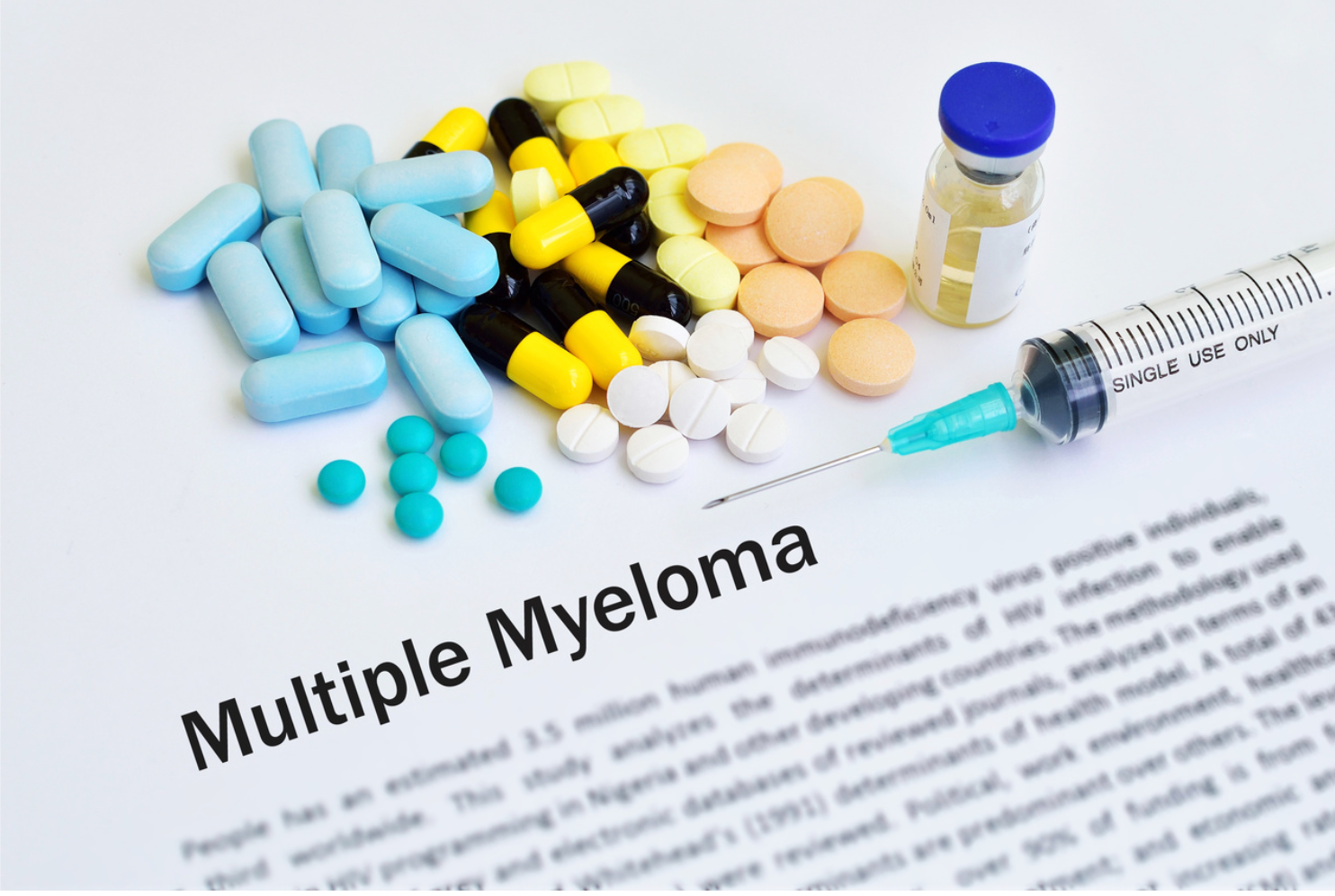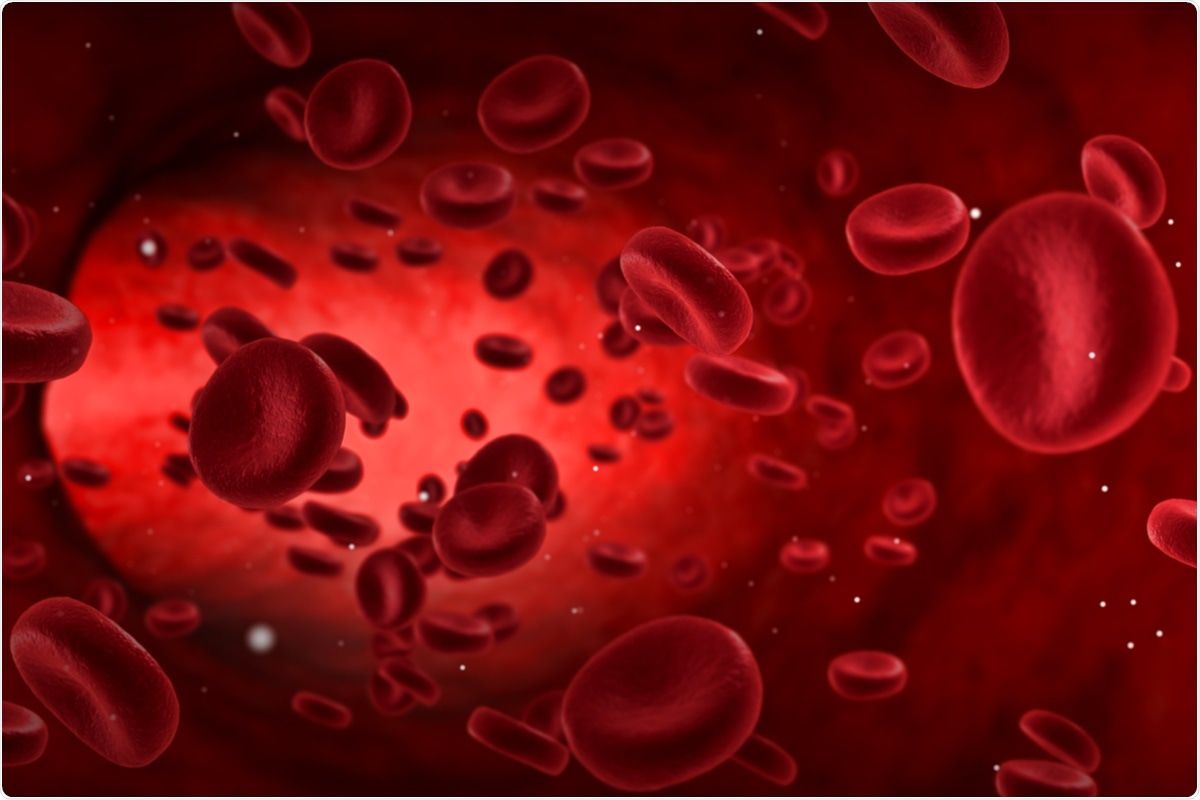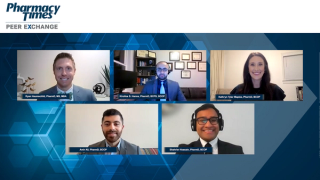
Multiple Myeloma
Latest News
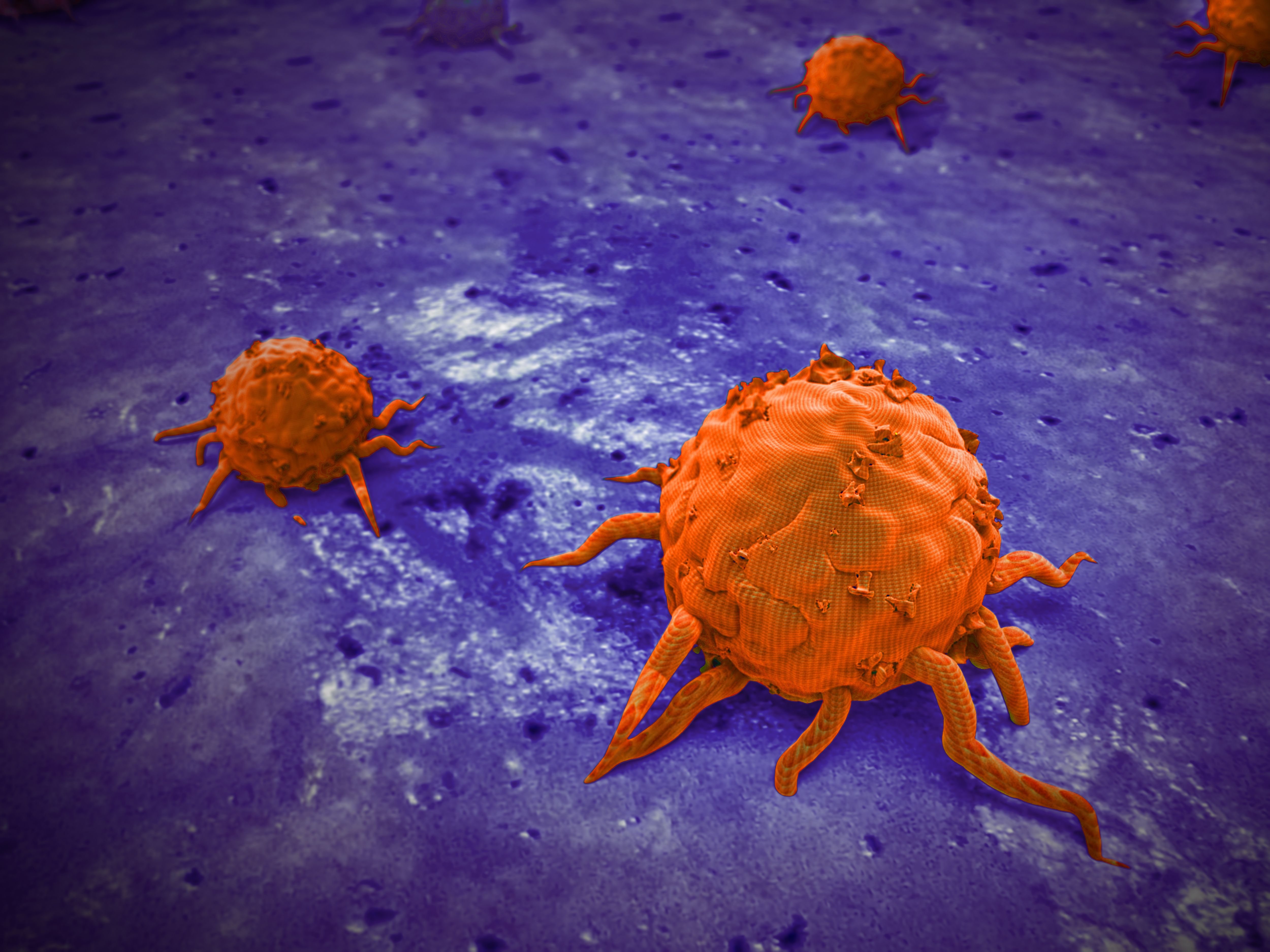
Latest Videos

CME Content
More News

The study demonstrates a need for novel tolerable and efficacious therapeutic agents to address the burden of illness in patients with multiple myeloma, according to the investigators.
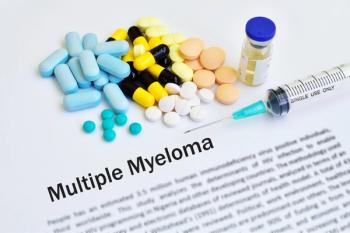
Data support daratumumab as part of a standard of care regimen in the frontline setting for patients with newly diagnosed multiple myeloma.
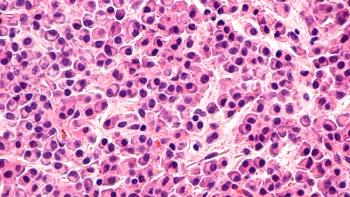
Results from a study show that elderly individuals who are black or who have an immediate family member with a current or past blood cancer have higher rates of these conditions.
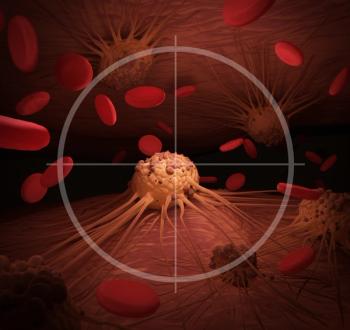
According to the trial results, these responses appear durable, with a target dose-dependent increase in overall response rate without any increase in the rate of cytokine release syndrome.

Daratumumab continued to demonstrate deep and durable responses, including improvements to stringent complete response (sCR) rates and minimal residual disease (MRD)-negativity.
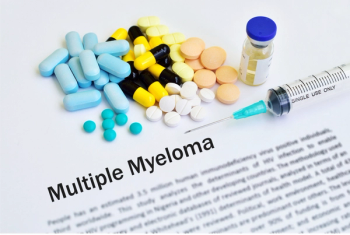
The combination of daratumumab with hyaluronidase (Darzalex Faspro), hyaluronidase-fihj, carfilzomib (Kyprolis), and dexamethasone is indicated for the treatment of adult patients with relapsed/refractory multiple myeloma who have received 1 to 3 prior lines of therapy.

Pharmacists should keep an eye on the pipeline for autologous and allogeneic CAR T-cell therapies as well as antibody-specific treatments.

The panel also recommends considering risk factors for poor response, including uncontrolled disease, immunoparesis, the number of previous lines of therapy, and patient age.

With so many approved regimens and common use of oral agents in the treatment of multiple myeloma, oncology pharmacists are essential team members.

No new safety concerns were encountered, which the investigators said support the frontline use of daratumumab plus lenalidomide and dexamethasone for patients with multiple myeloma who are ineligible for transplantation.
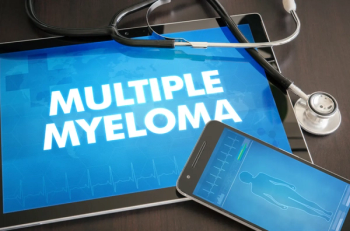
The company’s decision to take melphalan flufenamide off the market was made after dialogue and interactions with the FDA.
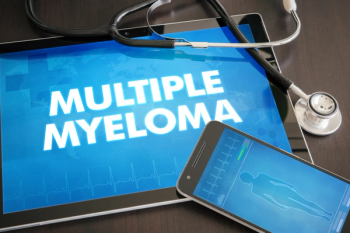
Ciltacabtagene autoleucel (cilta-cel) CAR T-cell therapy is currently being evaluated for the treatment of patients with relapsed and/or refractory multiple myeloma.

Pharmacy Times spoke with neurologist Dr. Tirisham Gyang and pharmacist Dr. Margaret Hansen about multiple sclerosis, including diagnosis, treatment options, and the role of the pharmacist in patient care.

TAK1 restricts receptor-interacting serine/threonine-protein kinase 1 dependent cell death, and targeting TAK1 with inhibitors shifts cells from pro-survival programs to cell death, according to the study.

Monitoring for AEs, educating about drug regimens, and managing therapies are opportunities for pharmacists to make a difference.

Approximately 25% to 35% of new oncology therapies in development are oral medications.
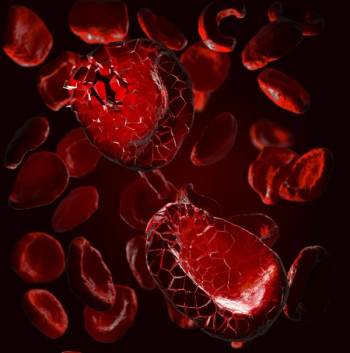
CAR-NK therapies are also shown to have fewer adverse reactions, and 25% of mice that were treated remained disease-free.
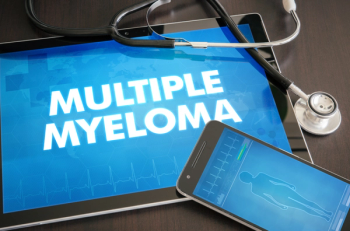
Isatuximab-irfc (Sarclisa; sanofi-aventis) provides patients with another option for treatment and significantly reduces the risk of disease progression or death.

In an interview with Pharmacy Times®, Maria Whitman, Global Head of the Pharmaceutical and Biotech Practice at ZS, discusses the FDA’s Project Optimus, the FDA’s new guidance addressing dose optimization issues in oncology clinical trials, and how it has impacted drug manufacturers.

Robert Z. Orlowski, MD, PhD, director of the Myeloma Section at the University of Texas MD Anderson Cancer Center, reviewed novel agents in the treatment of triple-class refractory myeloma during a session at the 2021 annual meeting of the Society of Hematologic Oncology (SOHO).

A presentation at the Society of Hematologic Oncology 2021 Annual Meeting reviewed the treatment of amyloidosis in multiple myeloma.

Presenter Maria-Victoria Mateos, MD, PhD, University Hospital of Salamanca-IBSAL, Salamanca, Spain, discussed how optimal sequencing in MM has changed from those outlined in the older EU guidelines.

Nearly 20% of patients with multiple myeloma have a form of the disease in which they make high quantities of a component of monoclonal proteins, which damages the kidneys.
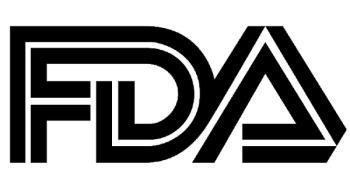
The FDA has granted orphan drug designation to CFT7455 for the treatment of multiple myeloma, according to a press release from manufacturer C4 Therapeutics.
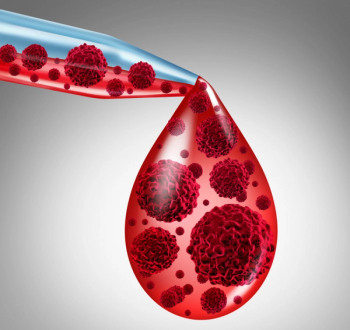
Daratumumab and hyaluronidase-fihj (Darzalex Faspro, Janssen) was approved in July in combination with pomalidomide and dexamethasone for the treatment of patients with multiple myeloma following their first or subsequent relapse.


